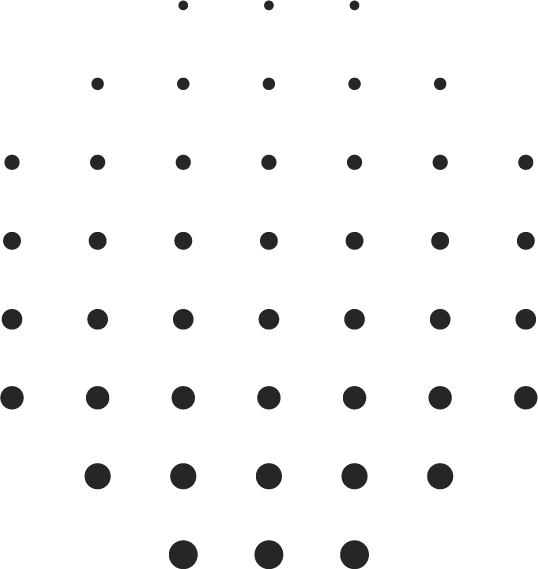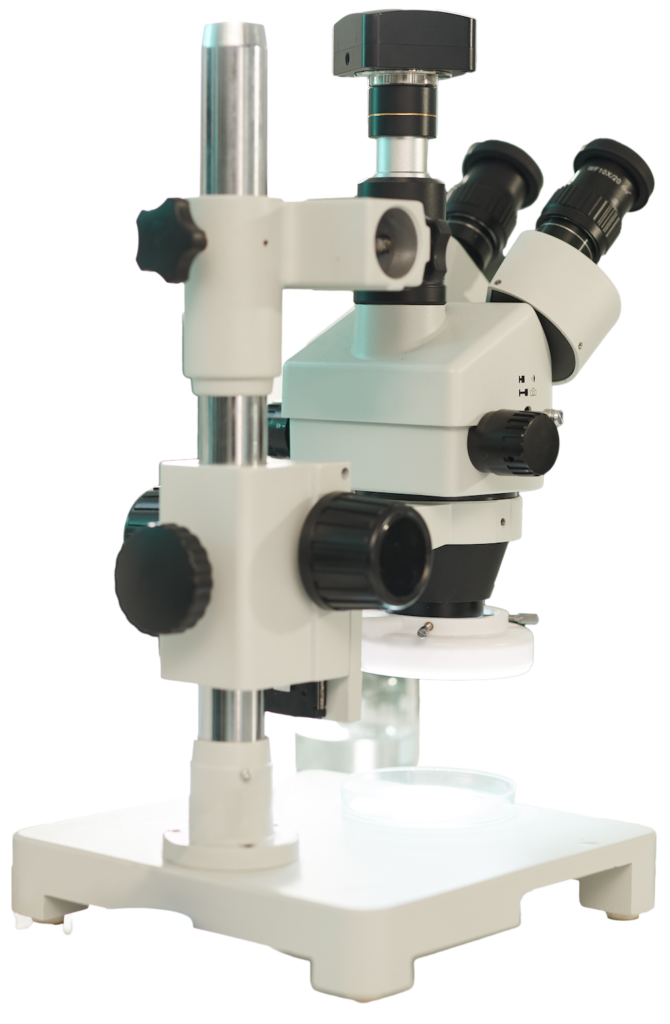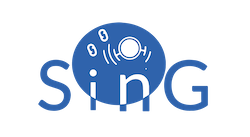SIngle cell Network in Ghent (SING)
started to connect researchers of all levels across various institutes in Ghent who work on single cell data or want to start working on this type of data.


Be part of the community
Upcoming Events
Stay ahead of the latest developments in single-cell and spatial biology! Our upcoming events provide a unique opportunity to network with leading researchers, explore cutting-edge technologies, and share insights within the scientific and business communities.
SING Flash Talks – Fall 2025
Date: Tuesday, 7th October, 2025 | Time: 13.30 Organised by SING - Ghent University
What is SING and why was it established?
Brief Introduction




The Single Cell Network in Ghent (SING) was established to foster collaboration and knowledge exchange among researchers working with single-cell data across various institutes in Ghent. Our mission is to create an inclusive and dynamic community, connecting scientists at all career stages — from students and early-career researchers to senior experts — who are actively involved in single-cell research or aim to explore this rapidly evolving field. By bringing together expertise from diverse backgrounds, SING strives to enhance data analysis pipelines, promote innovation, and accelerate scientific discoveries in single-cell biology.
Be part of the community
Past Events
SING Lunch Event on ‘Single Cell and Spatial Transcriptomics’
Friday, June 2, 2023 | Time: 12:00 – 13:30 SING Lunch Event on ‘Single Cell and Spatial Transcriptomics’ This lunch…
Single Cell Network Ghent (SING) Kick-Off Event
Date: Wednesday, May 25, 2022 | Time: 09:00 Single Cell Network Ghent (SING) Kick-Off Event The SING kick-off event marks…
stay up to date
Join our newsletter
If you are interested in receiving news about new events, please contact us at sing@ugent.be



